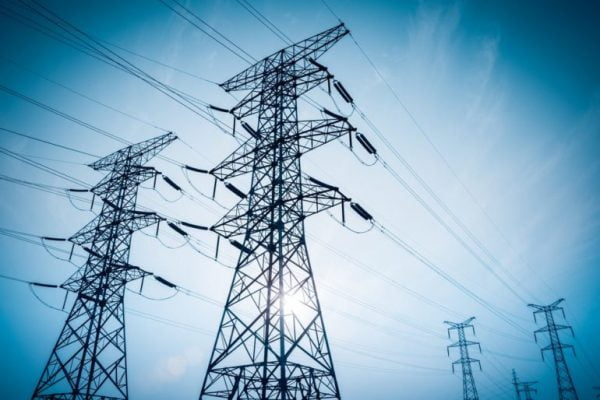Zimbabwe’s mining industry, a cornerstone of the economy, is facing severe setbacks due to crippling power shortages. This crisis, exacerbated by declining water levels at the unreliable Kariba hydroelectric power station and ageing infrastructure, has forced mines to curtail operations, jeopardizing production targets and revenue, according to the State of the Mining Industry survey report.
By Rudairo Mapuranga
The intermittent power supply significantly affects mining companies, which rely heavily on consistent electricity to operate machinery.
“We’re essentially forced to halt production for hours on end,” lamented a mining executive cited in the survey report, adding, “This is a major blow to our operations and profitability.”
The power crisis not only disrupts production but also drives up costs. Many mines rely on diesel generators as a temporary solution; however, high fuel prices and increased maintenance expenses add to their financial burdens.
The mining sector, vital for Zimbabwe’s export earnings, plays a key role in the government’s vision of achieving upper-middle-income status by 2030. However, ongoing power shortages threaten to derail these goals. “Without a reliable power supply, meeting these targets is virtually impossible,” warned a senior industry official quoted in the report.
According to the report, some mining companies are exploring renewable energy options, such as solar power, to mitigate the effects of the power crisis. Yet, regulatory hurdles and high upfront costs pose significant challenges.
“If the government created a more conducive environment for renewable energy investments, we would be more inclined to adopt these solutions,” stated a mine manager.
Government officials and industry stakeholders are currently discussing solutions to the power crisis, considering proposals like privatization and incentives for alternative energy. However, the immediate impact on the mining sector remains a serious concern.
Mining executives have expressed alarm, warning that the crisis could deter foreign investors and lead to job losses.
“Mining is the lifeblood of our economy,” said a veteran miner. “We need to find a sustainable solution to this crisis before it’s too late.”
Critics have cautioned reliance on Kariba which for years hasn’t been generating substantial power because it’s ultimately controlled by weather and precipitation trends.
.png)




